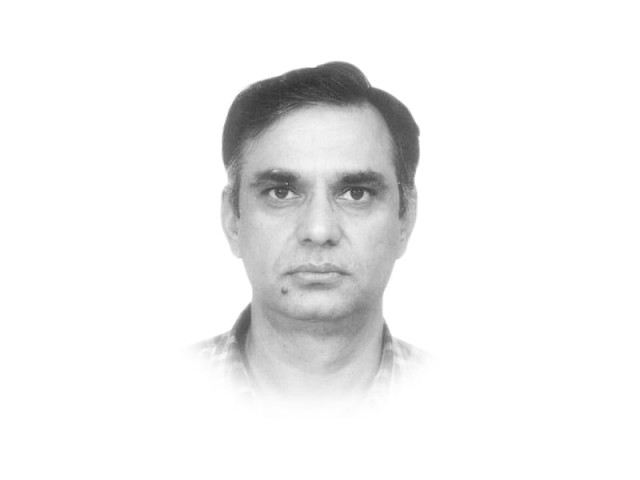Where are our local governments?
When people don’t have a mechanism to address their grievances, they have no choice but to come out on the streets.

The leaders of both the protests are demanding a change in the system, though the language or approach may be different. But the question that we need to ask is: is the underlying issue the system itself or its selective application? The Constitution of Pakistan provides for a social contract between the rulers and the ruled, that ensures the protection of the citizens and accountability of all the state organs. The constitution also defines the roles and responsibilities of the structures of governance, for the fulfillment of the social contract, i.e. the federal, provincial and local governments. The main objective of such a structure/mechanism is to ensure that services and accountability are devolved to the very local levels, so that the system above remains intact and can focus on the economic and political development of the provinces and country, as well as, and something we have never concentrated on, i.e. nation building.
Following the elections in 2013, national and provincial assembly members were elected. However, the local government elections became a victim of political inertia. The only exception was Balochistan. This has not only left a vacuum in the system, but has also deprived the citizens and especially women, of their platforms to raise voice against injustice, nepotism, corruption etc. But having tasted the benefits from the local governments in the first decade of this century, people do want to engage with the system, even if at times, it is mainly to extract their own personal gains from the system. When people don’t have a mechanism to address their grievances, they have no choice but to come out on the streets.
Another major demand of the protesters is the resignation of the prime minister (though for alleged rigging in the 2013 elections, the preceding argument still holds). In a federal system of governance where provinces are considerably autonomous and where the election of the prime minister is based on the wishes of the members of the National Assembly, is it a fair ask? The root of the problem again lies in the vacuum in the system. In a truly implemented federated system, delivery of services and dispensation of justice etc are devolved to the provincial and local levels, with accountability also resting at the same level to the largest extent. In a functional democracy therefore, the chief executive (which is the prime minister in this case), draws legitimacy not only from the members of the National Assembly, but also from a system of governance at various levels, that provides for the basic rights of the people.
I am not arguing in favour of the local government system being the panacea for all our problems. It will also be naive to deduce the plethora of our issues to a single factor. However, being an important keg in the democratic system, local governments play a vital and pivotal role in keeping the entire system intact. It should therefore be a priority of all the provincial governments, as well as those responsible for the cantonments and Islamabad (yes, we want our own local government too!), to urgently conduct free and fair elections at the local level and ensure adequate representation of all, especially women. This is a mandatory requirement of the constitution, as well as an order from the Supreme Court of Pakistan. If our politicians and governments do not complete the democratic system and continue with its selective application, they will continue to see more and more people coming out on the streets, challenging the social contract between the citizens and the state organs. After all, in a democratic system, it’s the people who define the social contract, not just the state organs.
Published in The Express Tribune, September 22nd, 2014.
Like Opinion & Editorial on Facebook, follow @ETOpEd on Twitter to receive all updates on all our daily pieces.















COMMENTS
Comments are moderated and generally will be posted if they are on-topic and not abusive.
For more information, please see our Comments FAQ